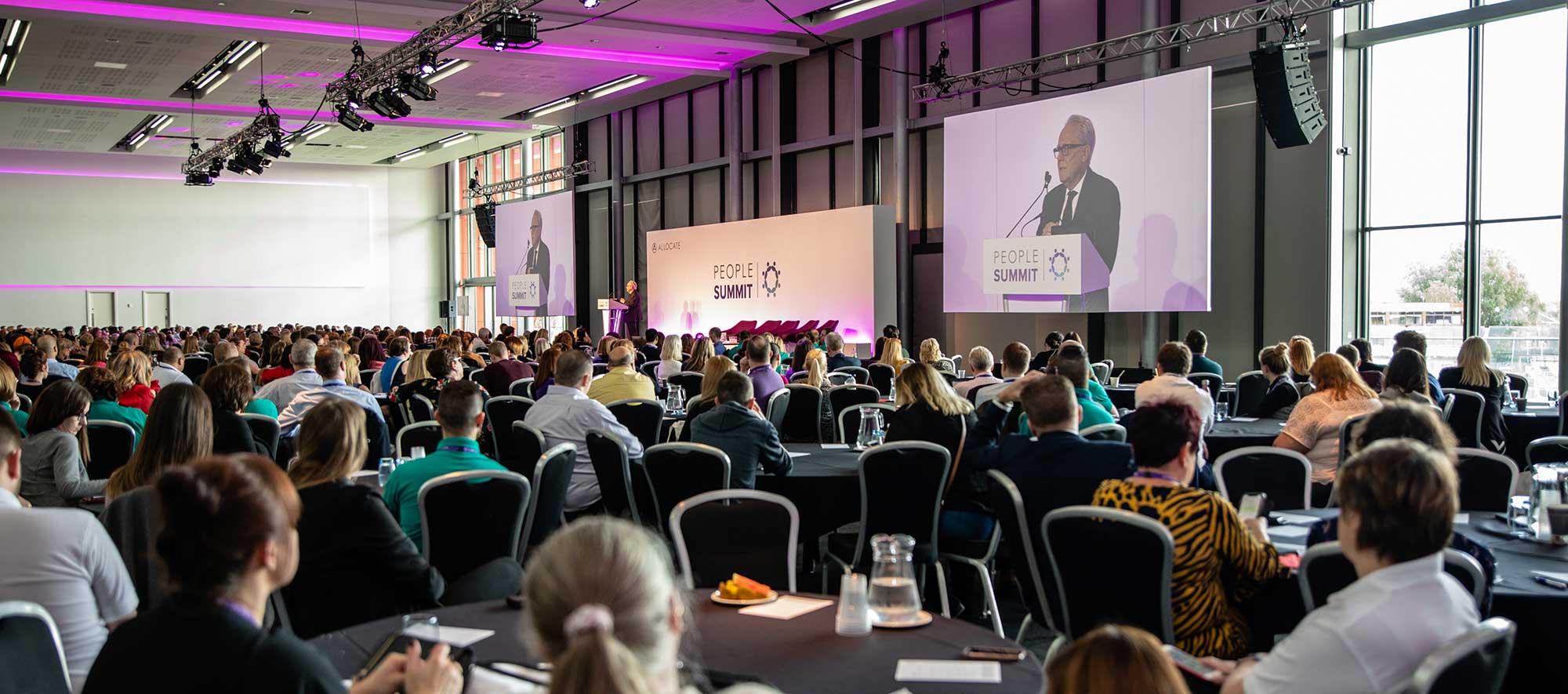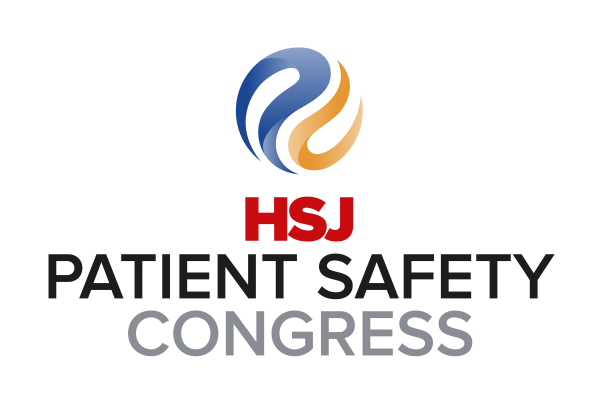People are the most valuable asset in healthcare. Anyone that works in healthcare shows dedication and commitment day in day out to provide excellent care for patients. But we know that to deliver the best healthcare, we need happy, motivated and engaged staff.
By 2030, the World Health Organisation predicts we will be short of 18m healthcare workers globally, which means there simply will not be enough staff to meet the demand for care. Coupled with that, the expectations from the workforce are changing; the rise in millennials and digital maturity mean that people are more inclined to seek a good work-life balance through flexible careers and control over their working lives.
In this blog, Jo Hingley, our head of global campaigns, looks forward to the Allocate People Summit 2020 and explores how technology and digital solutions are harnessed to engage, plan, deploy and develop the healthcare workforce of the future, with a firm focus on how thoughtful use of workforce technologies can support our people’s wellbeing and experience of work.
Technology as an enabler
The way our people want to work is changing. Some want more flexibility, many want more security and an investment in skills and development, and most want to feel a level of control and autonomy around their work. Technology impacts people’s experience of work, which is why it is vital that engagement and design are carried out thoughtfully. Organisations such as Medway NHS Foundation Trust which has chosen to manage its workforce in such a way that delivers a good experience of work for staff that positively impacts patient care are realising the benefits of improved staff morale. By implementing eRostering for their medics the Trust was able to offer flexibility and transparency for the management of its shifts, improving staff retention and reducing agency spend.
Flexibility
The recent NHS Staff Survey cited that 48% of staff still feel they don’t have the opportunity to work flexibly. This is a priority for many trusts such as Royal Free NHS Foundation Trust which introduced electronic self-rostering to its nurses offering staff greater flexibility, improved work-life balance and supported staff retention. Calderdale and Huddersfield NHS Foundation Trust deployed Allocate Me to optimise staffing, increase staff retention and reduce agency spend by 10%, while ensuring efficient and high-quality hospital care.
Interoperability
No one system can provide the solution. Interoperability and the role of APIs are now fundamental. Suppliers now need to work collaboratively as a positive force for change to tackle complex workforce challenges for the greater good.
Working across boundaries
The NHS Long-Term Plan sets out that we should develop a leadership culture that encourages all organisations in each health and care system to join forces, so they are better able to build sustainable health services for their populations. The ambition is that that every part of the country should be an integrated care system by 2021.
South Yorkshire and Bassetlaw Integrated Care System (ICS) has taken a robust and transparent approach to sharing KPI data and best practice. A regional e-rostering group successfully identified areas where it could increase efficiency, implement shared standards and develop a region-wide sustainable workforce, linking to the national retention agenda.
Training and development
Modern health and care is complex. It is delivered by multiple staff groups and clinical disciplines working together in a variety of care settings across a patient or a service user pathway. This is why learning and development matters to your people. Organisations that invest in learning and development have better staff retention and attract more staff. This is vital at a time where there is a global workforce shortage and over 100,000 vacancies in the NHS alone.
This need is fuelled by shifting expectations of work, developments in technology, transformations in how care is organised as well as the way in which care is delivered. Safe and quality care is dependent on people and teams, whether they are employed by your organisation or part of your wider team. That is why regulators seek assurance on mandatory training and increasingly boards seek assurance on the overall learning and development agenda and how it influences staff experience, staff retention and patient care.
At the same time organisations are under pressure to streamline costs and operate with ever-tighter resources. For this reason, how, where and when people are trained has never been more important.
The whole team counts
Healthcare organisations across the globe know the importance of AHP roles and are looking for ways to deploy staff in a fair and safe manner using intelligent software. Intuitive digital systems will allow organisations to embrace new, efficient care models that enable the maximum positive impact on patient care. These staff groups extend beyond doctors and nurses, including many other roles ranging from therapists and dieticians to pharmacists, pathologists and beyond.
The crucial impact the wider workforce has on care delivery is so well understood that the recent Long Term Plan by the NHS in England outlines that it expects all of its organisations to electronically job plan and roster all staff including Allied Health Professionals (AHPs), healthcare scientists and specialist or advanced practice clinicians. This is echoed in the NHS Improvement Levels of Attainment in England, which encourages organisations to roster all clinical staff and job plan all out of ward clinical staff.
Want to find out more?
Join us at the Allocate People Summit 2020 to hear about these topics and more. Please click here to find out more and secure your place.





